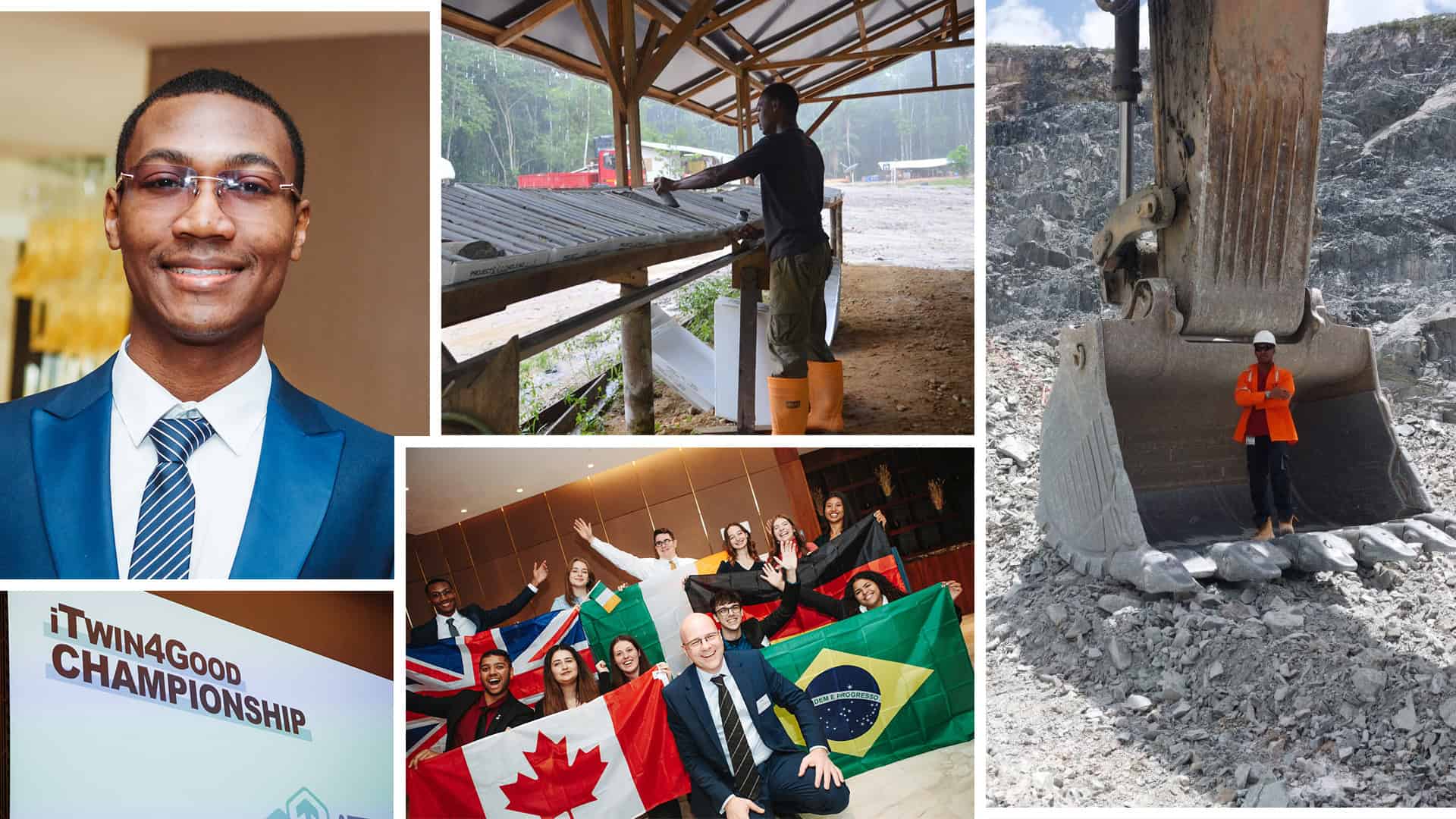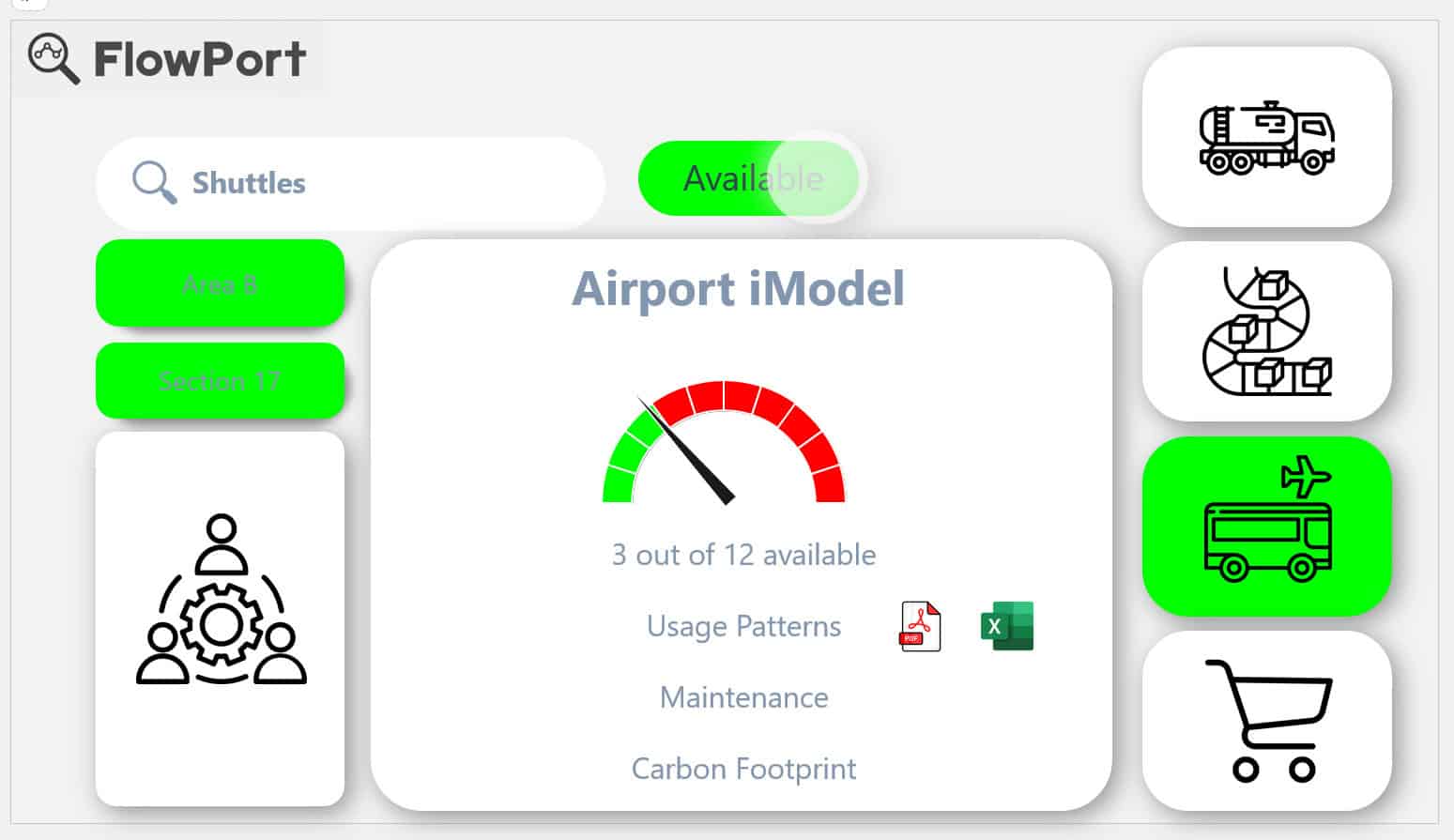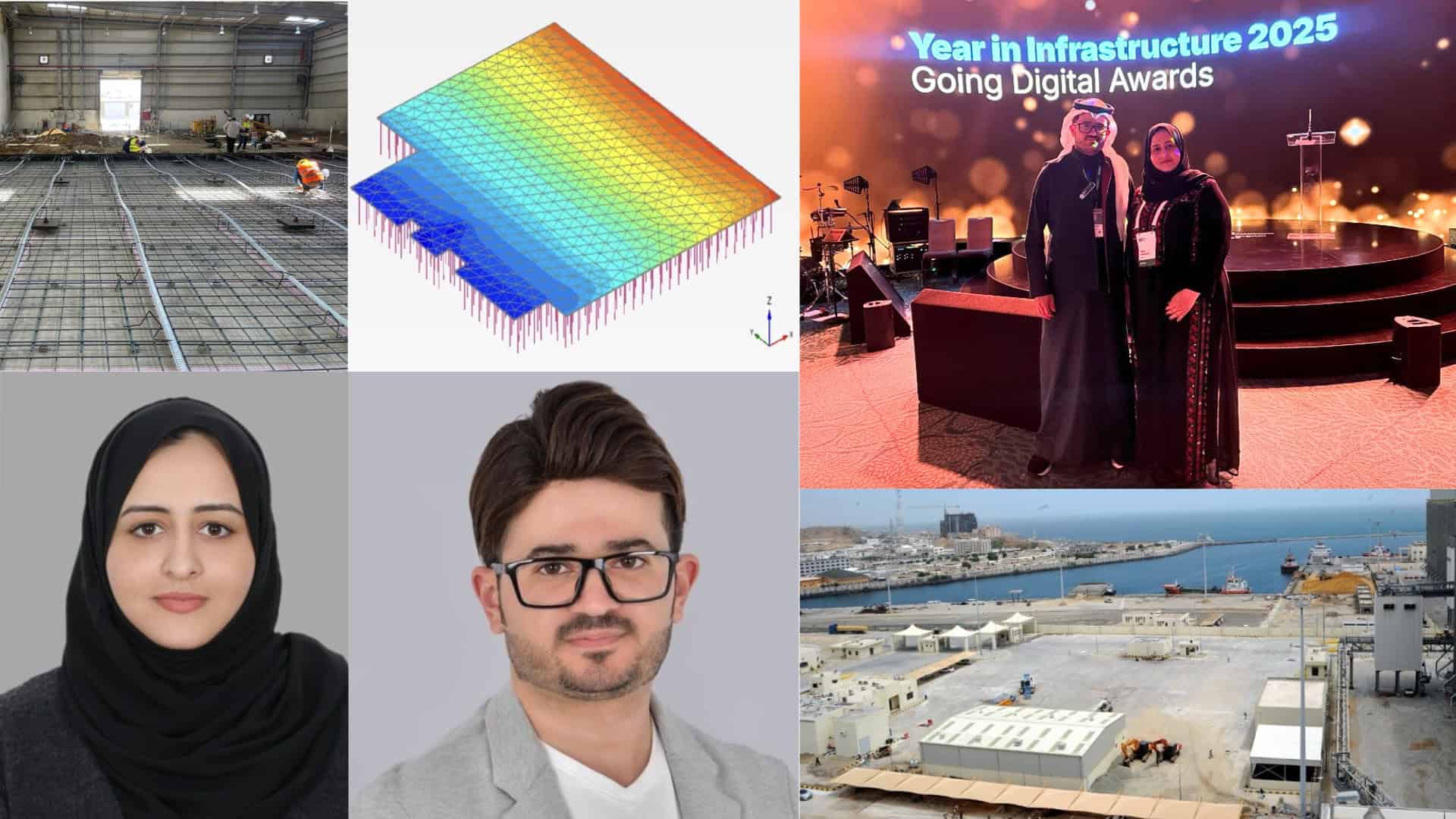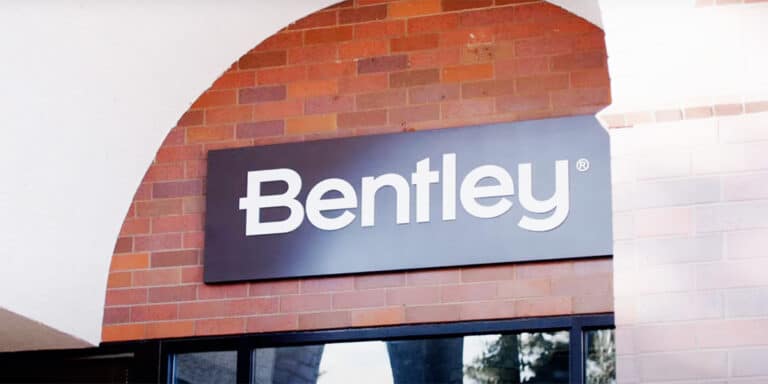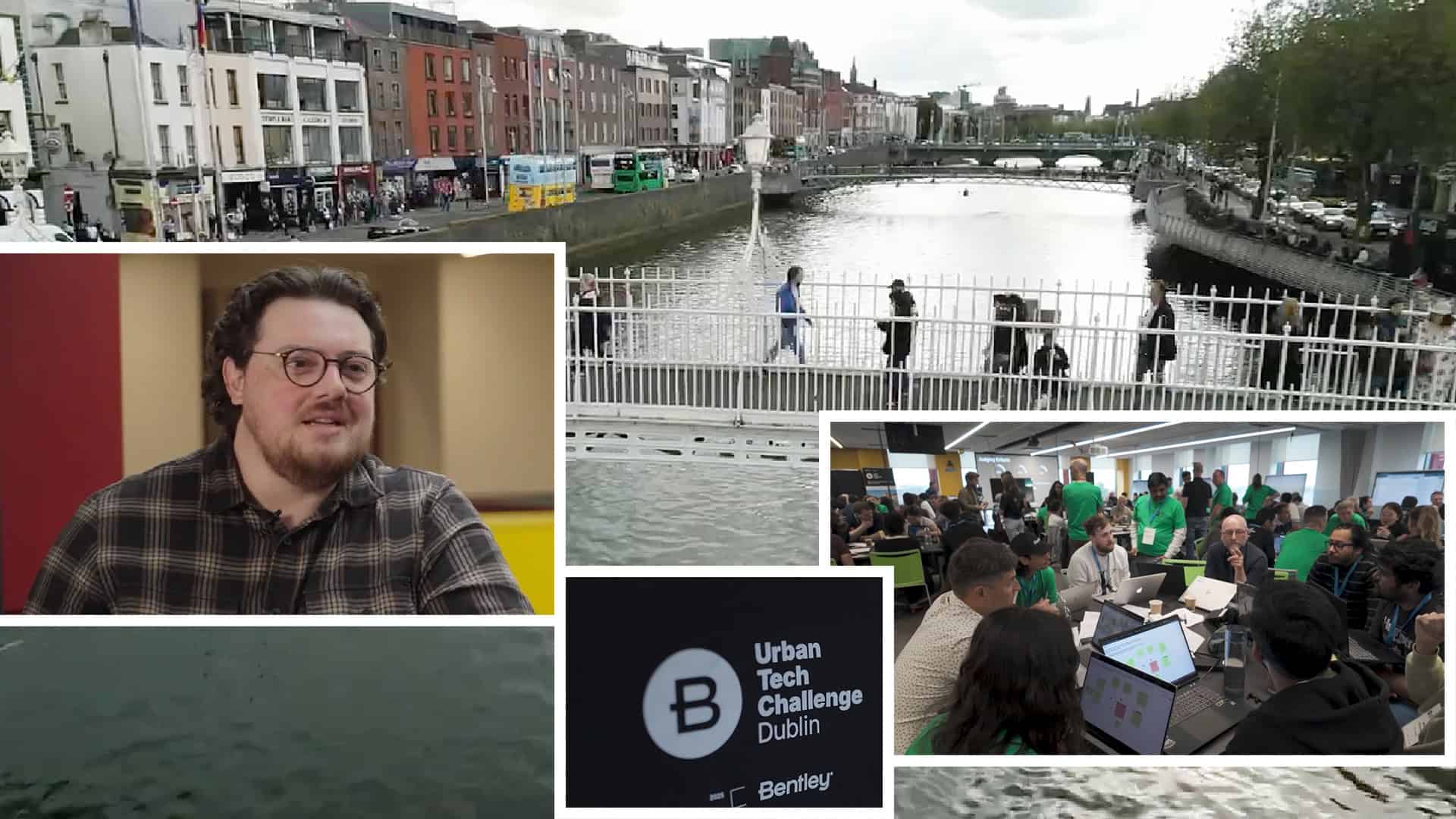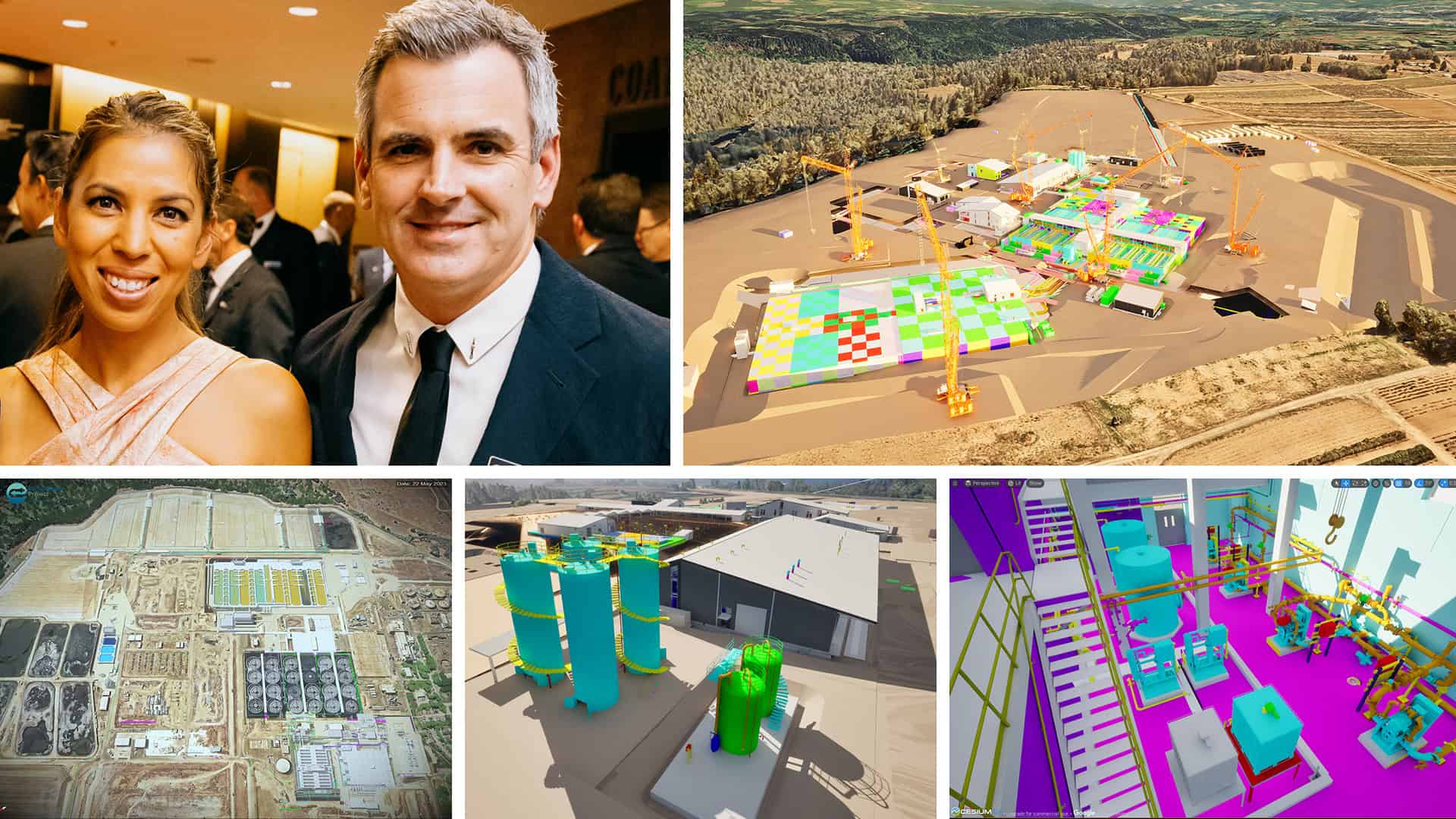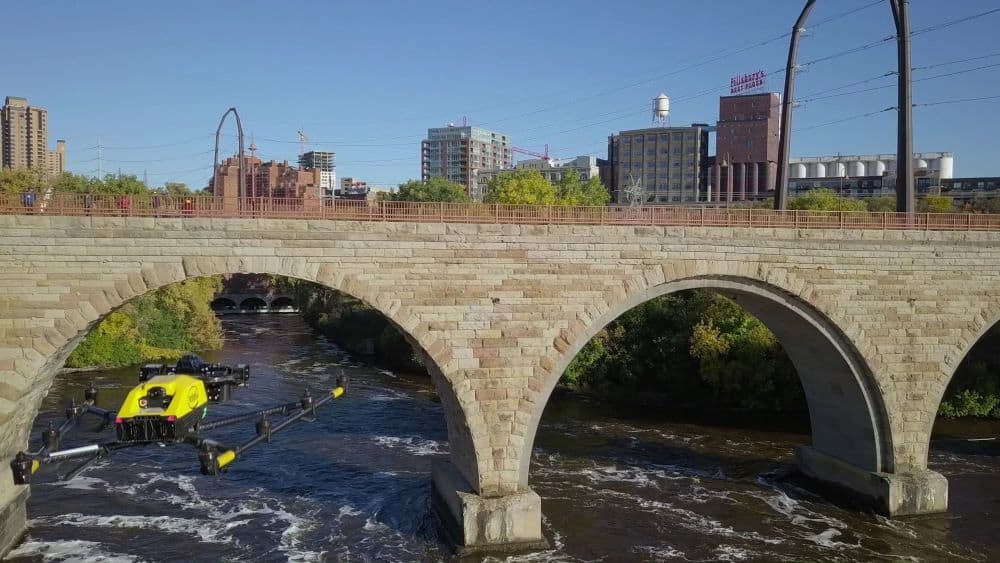Jona Schubert has always been fascinated by how things work. As a child in the small South American country of Suriname, he says he “kept asking too many questions and loved figuring things out.”
When Schubert was 8 years old, his father gave him an especially exciting toy: a remote-controlled car. “I just tore it apart to look at what was inside, what drove it, what makes the wheels move, and how I was able to remotely control it,” he says. “Then I tried to put it back together. Needless to say, that wasn’t successful! But that moment has stuck with me since then.”
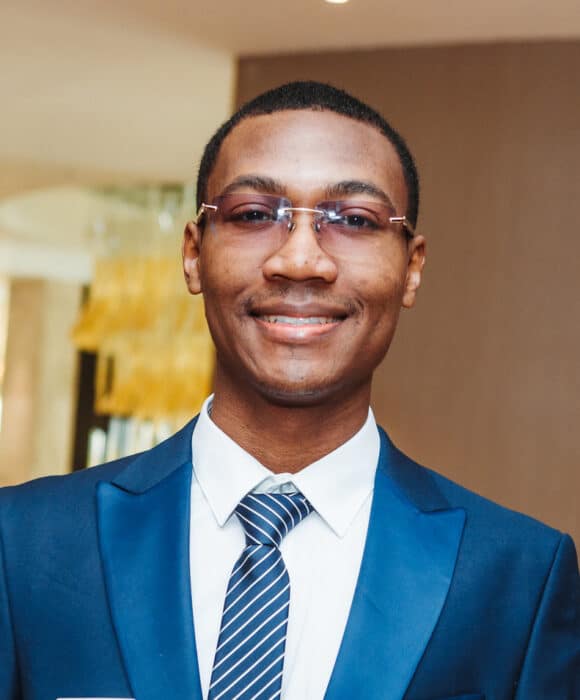 Jona Shubert
Jona ShubertThat drive to find out how things work – and to discover ways to make them work better – has taken the geoscience graduate on quite a journey. After graduating in 2021, Schubert worked as a geoscientist and mine engineer in the rainforests of his native Suriname. A post-graduate course in energy and power systems management at the U.K.’s University of Portsmouth followed. Then last October, Schubert took the stage in Kazakhstan’s capital, Astana, as a finalist in a prestigious international competition where students use digital twins – realistic and dynamic digital models of a physical asset, system, or entire city – to address global infrastructure challenges.
That competition is iTwin4Good, a partnership between Bentley Systems, a global leader in infrastructure engineering software, and Enactus, an international nonprofit that works with university students and businesses to develop entrepreneurial projects addressing social, economic, and environmental challenges. Participants in iTwin4Good use Bentley’s iTwin platform to create apps that could have a positive environmental or social impact.
Now in its third year, the iTwin4Good Challenge has grown from an initial 30 participants in 2023 to more than 500 in this year’s competition, which is currently underway. From June through August, students from Brazil, Canada, Germany, the U.S., and the U.K. and Ireland (competing jointly) have been taking part in national rounds. The top contenders will advance to a “Champions of Champions” showdown in late August, with the global winner snagging a spot at the Enactus World Cup 2025 in Bangkok in September.
“The iTwin4Good Challenge is more than a student competition. It’s a catalyst for change and a strategic investment in the future of infrastructure,” says Chris Bradshaw, chief sustainability and education officer at Bentley. “By engaging young minds in real-world problem-solving and equipping the next generation with digital twin expertise, we’re cultivating talent capable of addressing both today’s infrastructure needs and tomorrow’s sustainability challenges.”
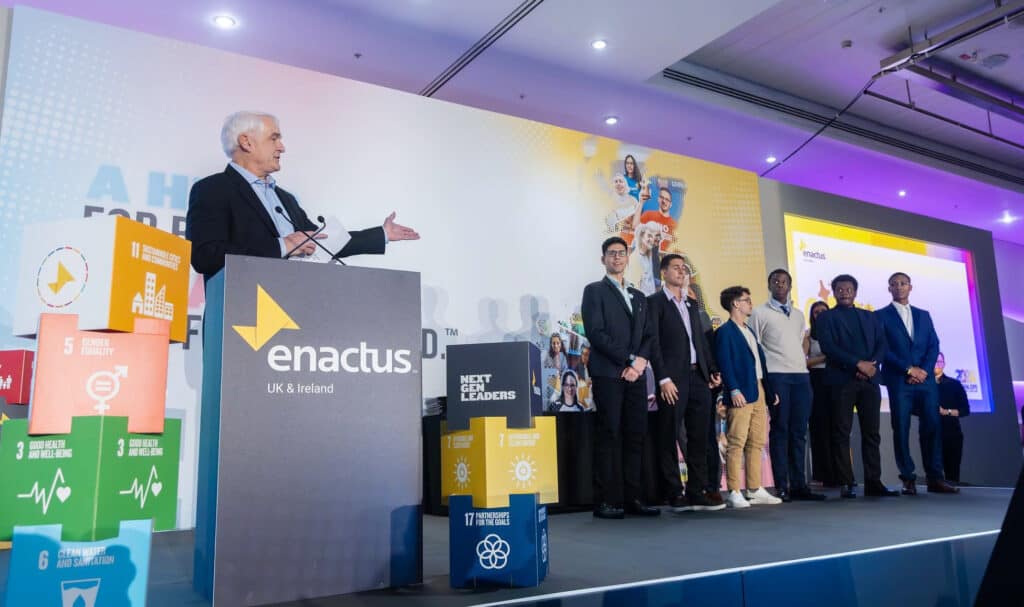
Important Work
This talent is in great demand. Infrastructure industries are suffering a global workforce shortage – the construction industry alone needs nearly half a million more workers. The American Council of Engineering Companies (ACEC) Research Institute reported that 49% of engineering firms face project backlogs of one year or more.
Rachel Rogers, vice president of education and sustainability outreach at Bentley, says competitions like iTwin4Good are key to preparing the next generation of innovators. “Without investing in diverse talent – people of color, disadvantaged youth, women – we risk missing out on the innovative ideas needed for the future of infrastructure,” she says.
Go With The Flow
Schubert earned a spot in the finals by winning the U.K. national iTwin4Good competition with FlowPort, a digital twin app to allocate airport assets, such as fuel trucks and transport vehicles, in the most efficient way. (Schubert was narrowly edged out of first place by Brazil’s TwinGrid, a project to monitor power grid usage and reroute electricity from high- to low-usage zones to avert blackouts. But he did join Bentley this year as summer intern.)
Seizing The Opportunity
FlowPort grew out of Schubert’s previous iTwin4Good entry, Health-e-Flow, an app to help better allocate resources – everything from beds to incubators to wheelchairs – within Britain’s perennially strained National Health Service.
Schubert says he saw the competition as the perfect opportunity as an engineer to brush up on his coding skills. He also notes how students get access to “loads of resources on the developer page from Bentley” – chiefly, the chance to get trained up in the iTwin platform.
“This was a great tool to help you really visualize all your assets in real time,” he recalls. “The iTwin digital platform really helped bring [my project] to life, the fact that you can easily visualize all your individual pieces of an entire system.”
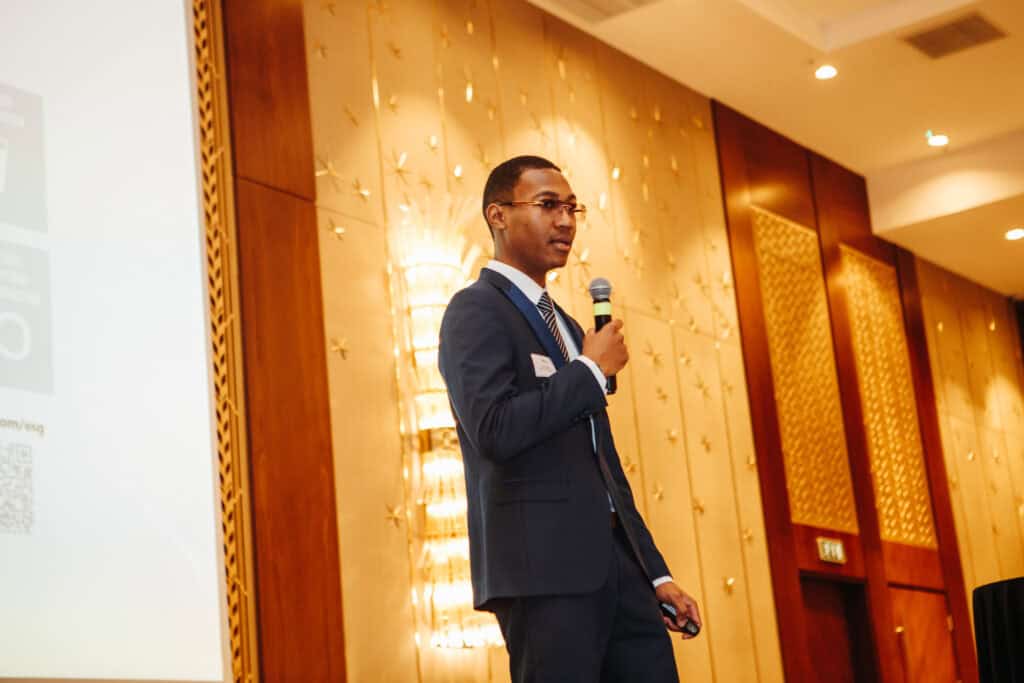
iTwin4Good’s Twin Aims
Students participating in the contest get six weeks of technical training, mentorship from across Bentley, and the chance to get certified as an iTwin Developer Associate.
The competition has twin aims: to bolster the infrastructure sector with fresh talent, ideas and innovation, and to produce digital tools with a broad social impact, says George Tsiatis, president and CEO of Enactus Global & Resolution Project.
“We need smart, talented people making changes that benefit society with better outcomes within the infrastructure [sector], but also that are mindful of the opportunities for sustainability, for accessibility, for reduced environmental footprint, for economic efficiency,” Tsiatis says.
Some of the standout pitches for Tsiatis include last year’s Canadian entry, an app providing up-to-date information about accessibility for wheelchair users across a university campus, and a U.S. team’s idea for a tool that uses iTwin to monitor water supplies for contaminants.
The Beacon Effect
While it typically takes several years for projects like these to get off the ground and have a measurable impact in terms of numbers, Tsiatis hails what he calls the “beacon effect” of competitions like iTwin4Good.
“When people see young people achieving important things, making meaningful change, being strong contributors to an ecosystem, to society, to businesses at an early age, it opens up the eyes of other young people for what they can do as well,” he says. “And those ones that are achieving it become beacons for the others to see: ‘Hey, you know, if I want to do this, I should do it. I should stick with it. I should keep pushing, and it’s not impossible.’”
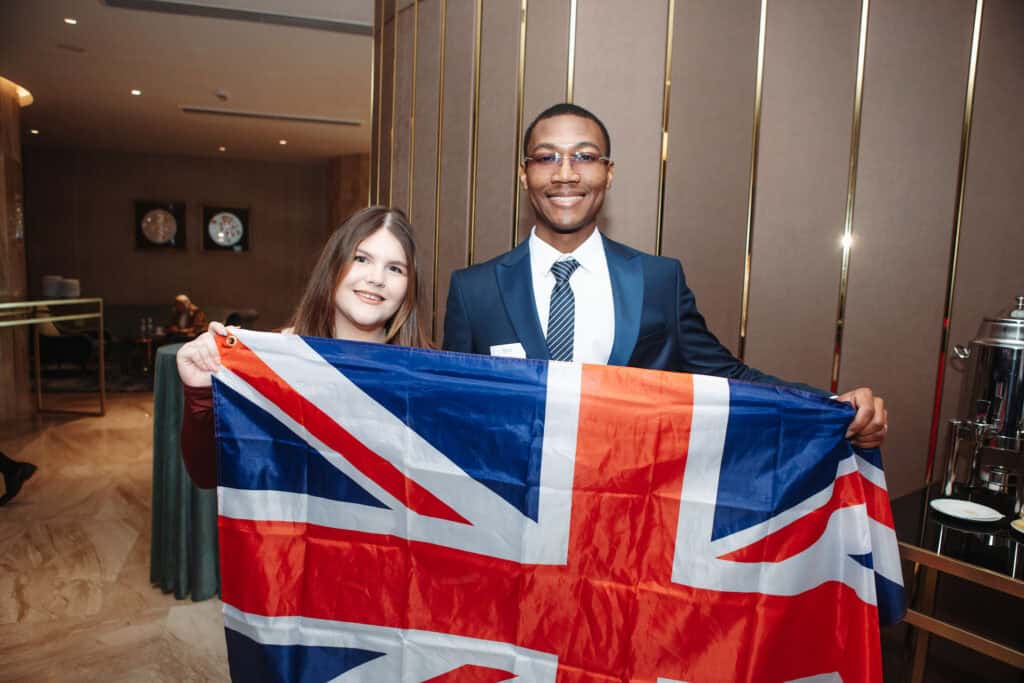
Building Confidence
As an intern at Bentley, Schubert works with students new to the iTwin platform. He says he plans to stay in infrastructure in the future – hopefully developing FlowPort as a startup – calling the sector “fun and exciting.”
Working in the jungles of Suriname without electricity, running water, or internet taught Schubert resourcefulness and resilience. His experience with iTwin4Good, he says, taught him something more.
“It made me quite confident taking on new challenges,” he says, “because I saw, no matter how difficult or impossible something may seem at first, as long as you put your mind to it and you work with like-minded people, you can achieve incredible things.”
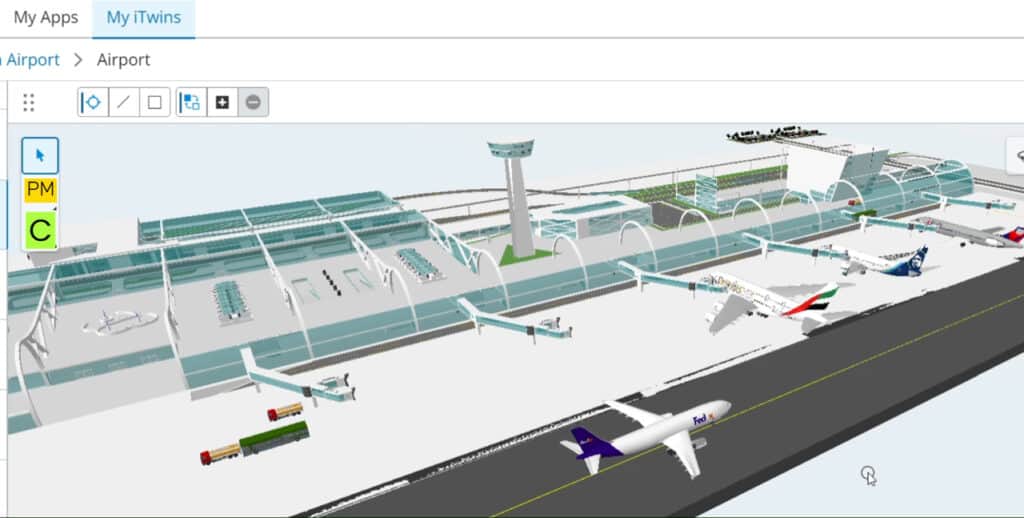
Kathleen Moore is a journalist, editor, and educator. Most recently, she led a 50-person-strong team covering Central and Eastern Europe and Eurasia.

